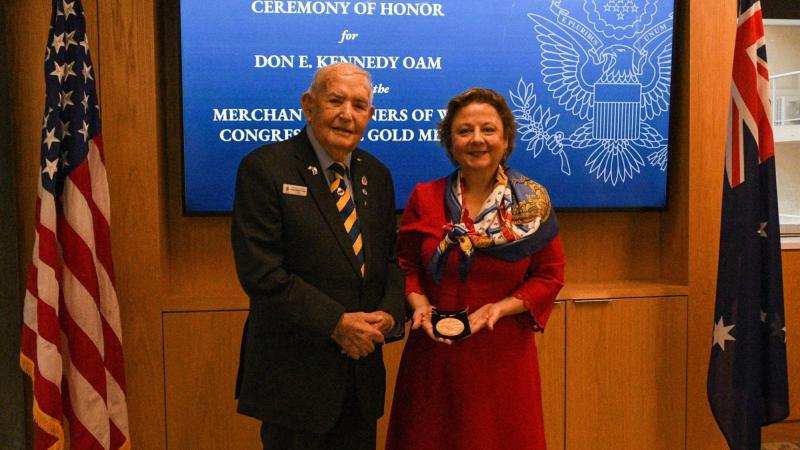The initiatives announced today by the State government fail to respond to the dramatic nature of the problem of workers dying from silicosis caused by the dust created from cutting manufactured stone.
The Government’s proposed changes include reducing the recommended exposure level of silica dust, $1,000 safety rebates to companies and increased penalties.
None of these initiatives will keep workers in the manufactured stone industry safe from silicosis. They:
- Do not remove the risk of silicosis by banning the use of manufactured stone
- Fail to expressly ban dry cutting, which is the most dangerous way in which the product is currently used
- Will not prevent workers in the industry being exposed to potentially lethal silica dust with even the reduced exposure standard not being implemented for three years, and
- Fail to put in place the right screening to identify cases of silicosis as early as possible.
Greens MP David Shoebridge said: “Halving the acceptable exposure levels in three years time will not keep workers safe, health experts are already telling us there is no safe level of exposure.
“Right now there are workers in their 20’s and 30’s with potentially terminal diagnoses of silicosis because this government has failed to properly control the manufactured stone industry.
“The Government needs to add in an immediate ban on dry cutting and start developing a plan to phase this product out of workplaces.
“When the best evidence from health professionals is that any level of exposure to silica dust can be lethal, even halving the exposure standard fails to keep workers safe.
“It’s not just on prevention that this government fails, it is also on identifying the disease and providing prompt medical intervention.
“The Government has no plans to step in and improve screening standards so that deadly cases of silicosis are picked up early.
“We know the use of X-rays fails to detect silicosis in up to 40% of cases and lung screening needs to move immediately from x-rays to low dose CT scans to ensure not a single case is undiagnosed.
“There can’t be any more delay or any more excuses, there are literally hundreds of lives at risk,” Mr Shoebridge said.







